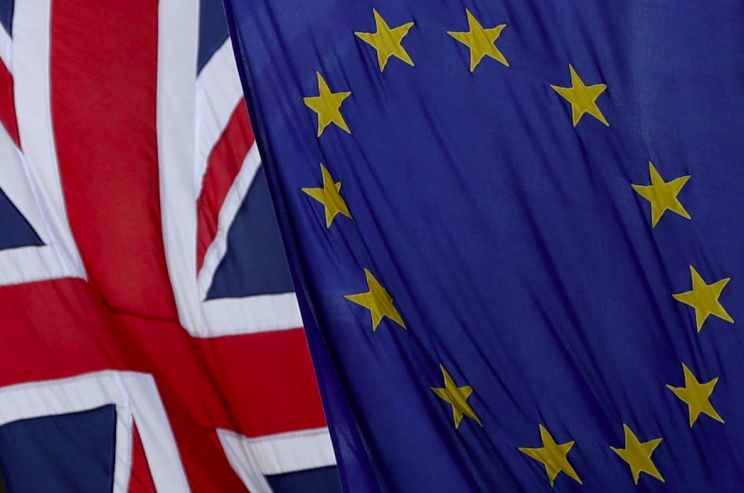Brexit latest: Article 50 will be triggered on March 29, Downing Street confirms
Article 50 will be triggered on March 29, it has been announced.
Theresa May will trigger EU withdrawal talks at the end of this month, Downing Street said.
The Prime Minister’s letter officially notifying the European Council of the UK’s intention to quit will set in train a two-year negotiation process expected to lead to Britain leaving the EU on March 29, 2019.
Britain’s ambassador to the EU, Sir Tim Barrow, informed the office of European Council president Donald Tusk on Monday morning of the Prime Minister’s plans.
MORE: What is Article 50 and when will it be triggered?
MORE: What happens when Article 50 is triggered? Brexit questions answered
The prime minister will officially notify the European Union next Wednesday that Britain is exiting, nine months after the country voted 51.9% to 48.1% to leave in a referendum.
A two-year negotiation process will then begin. Such talks are not permitted under Article 50 until the UK formally announces its intention to leave.
Brexit should happen in March 2019 if the timetable goes to plan.
The announcement means that Mrs May will meet her self-imposed deadline of the end of March to get the withdrawal process under way.
She was cleared to take the step when the European Union (Notification of Withdrawal) Act gained royal assent last week, after a Supreme Court ruling forced her to seek the approval of both Houses of Parliament.
Mrs May will address MPs in a statement to the House of Commons following her regular weekly session of Prime Minister’s Questions on March 29.

Mr Tusk has previously said he expects to release an initial response to the Article 50 notification within 48 hours, and an extraordinary summit of the remaining 27 EU member states is due to be called within four to six weeks.
That summit will draw up a mandate for the European Commission’s chief negotiator, Michel Barnier, probably allowing talks to begin in earnest in May.
It will be the first time that the provisions of Article 50 – which sets out the process for any EU member state ‘to withdraw from the Union in accordance with its own constitutional requirements’ – have been activated.
The notification comes 279 days after the referendum of June 23 last year delivered a 52%-48% majority in favour of withdrawal.
Mrs May, who was visiting Swansea on Monday, is expected to conduct visits in all four nations of the UK before notification takes place.
The PM’s official spokesman said: ‘Earlier this morning, the UK Permanent Representative to the EU informed the office of Donald Tusk that it is the UK’s intention to trigger Article 50 on March 29.
‘There will be a letter. She will notify President Tusk in writing. The Prime Minister will give a statement to Parliament as well.
‘We have always been clear that we will trigger by the end of March and we have met that timetable.’
The spokesman said Britain wanted to start withdrawal negotiations ‘promptly’, but accepts that ‘it is right that the 27 have a chance to agree their position’ before talks start.
Liberal Democrat leader Tim Farron said: ‘Theresa May is embarking on an extreme and divisive Brexit. She has rushed this through without a plan, and without a clue.

‘On the day Theresa May is travelling the country claiming she wants to bring the United Kingdom together, she lets it be known she is about to unleash division and bitterness.’
Secretary of State for Exiting the EU David Davis said: ‘Last June, the people of the UK made the historic decision to leave the EU.
‘Next Wednesday, the Government will deliver on that decision and formally start the process by triggering Article 50.
‘We are on the threshold of the most important negotiation for this country for a generation.
‘The Government is clear in its aims: a deal that works for every nation and region of the UK and indeed for all of Europe – a new, positive partnership between the UK and our friends and allies in the European Union.’

 Yahoo News
Yahoo News 


